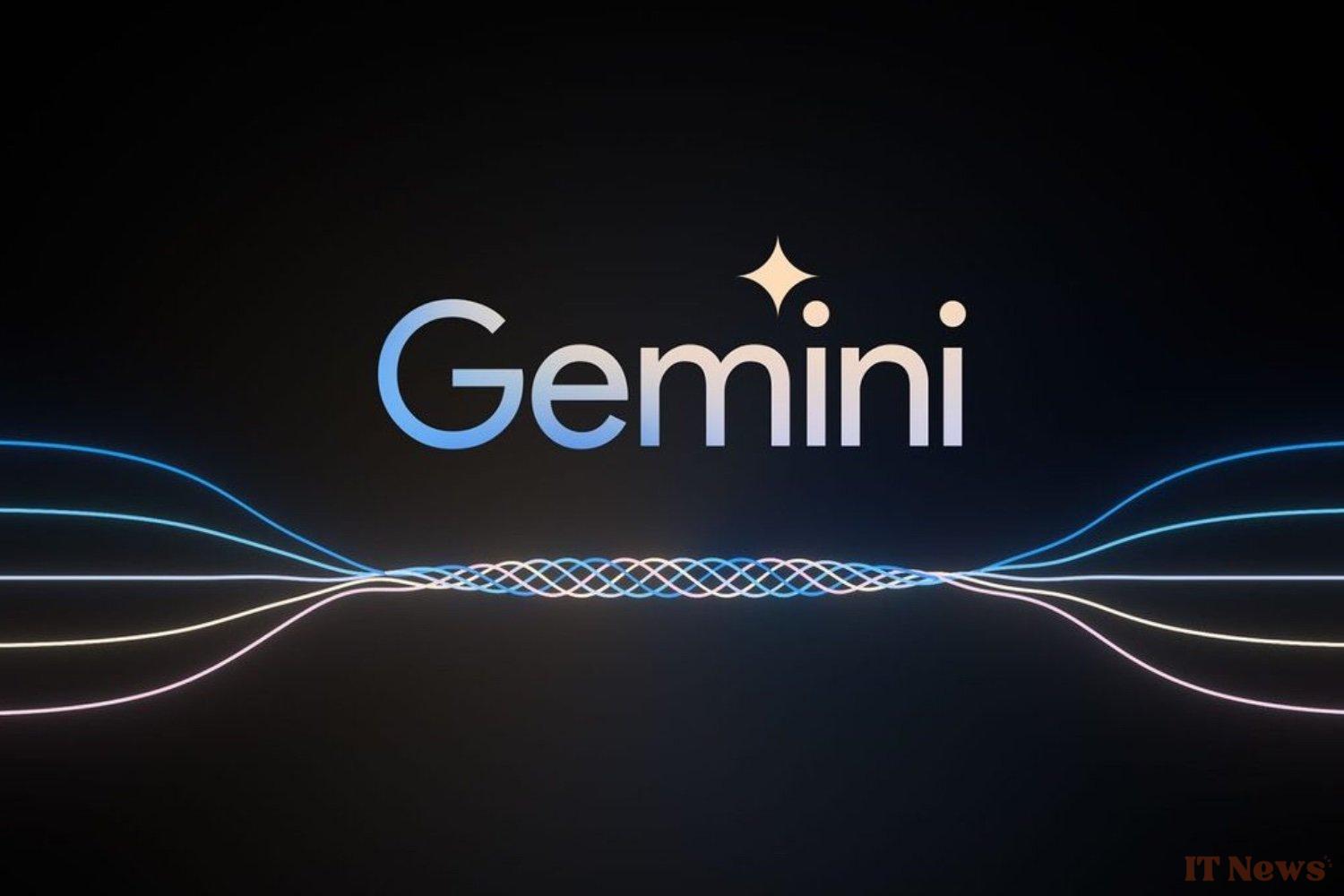The announcement was made earlier this month, and now it's official. Google has just rolled out Gemini for Kids, a child-friendly version of its artificial intelligence assistant. While chatbots aren't theoretically designed for use by children, this watered-down version of the Google Assistant will reportedly focus on homework help and story creation. It will also answer the many questions young children have.
AI for Kids Is Official
In an article in the New York Times, we learned that Google has begun its rollout phase. The company sent an email to Internet users using parental controls to inform them that their children will soon be able to access Gemini AI apps on their supervised Android devices. This version will come with several additional protections:
- Children's interactions with the AI will not be able to be used to train the algorithms
- The tool will be subject to enhanced protection measures and strict parental controls
Starting next week, Gemini will be available to children under 13, but not just any old way. Access will remain strictly reserved for Google accounts managed by parents via Family Link, the system already used to control minors' activity on YouTube or Gmail. Adults will receive notifications each time they log in, and it will be possible to configure or block access to artificial intelligence at any time.
What uses?
This new version of Gemini will allow younger users to ask questions, ask for help with their homework or invent stories, while ensuring the safest possible digital environment, Google promises. The company says it has developed specific filters to prevent the generation of dangerous or inappropriate content, but points out that AI can make mistakes, and that children are likely to be “confronted with content you don’t want them to see”. Aware of the controversies surrounding AI among minors – misinformation, inappropriate content, emotional manipulation – Google is increasing its precautions. Parents are encouraged to explain to their children that Gemini is not human and that sensitive or personal information should never be entered into the chatbot.
More than ever, the arrival of AI among young children requires active parental supervision and awareness of the importance of critical thinking: children must learn to check AI responses and distinguish between virtual and real. After online fake news, education about AI hallucinations promises to become a key digital issue.
This launch comes at a time of fierce competition in the children's AI market, but the GAFAM (Big Data) companies know they are walking on eggshells. Other giants, such as Meta, have already had to back down in the face of criticism. Google, already sanctioned in the past for failing to protect minors' data, will initially limit the deployment of Gemini Kids to the United States and certain markets.



0 Comments